Explore Effective Treatments for MAJOR DEPRESSIVE DISORDER with Dr. Basharat Ali
Introduction
MAJOR DEPRESSIVE DISORDER (MDD), often simply referred to as depression, is a complex mental health condition that affects millions worldwide. It goes beyond the occasional bouts of sadness, impacting daily life, relationships, and overall well-being. In this blog, Homeopathic Dr. Basharat Ali sheds light on the symptoms, causes, and holistic treatments for MDD, focusing on homeopathic remedies that offer hope and recovery.
Understanding Major Depressive Disorder
Symptoms of MDD
Major Depressive Disorder manifests through a range of emotional and physical symptoms. Recognizing these signs early can lead to timely intervention:
- Persistent Sadness: A continuous feeling of emptiness or hopelessness.
- Loss of Interest: Diminished interest in activities once enjoyed, including hobbies and social interactions.
- Fatigue: Constant tiredness, even after adequate rest.
- Sleep Disturbances: Insomnia or excessive sleeping.
- Appetite Changes: Significant weight loss or gain due to altered eating habits.
- Concentration Issues: Difficulty in focusing or making decisions.
- Feelings of Worthlessness: Excessive guilt or self-blame.
- Physical Aches: Unexplained body pains and digestive problems.
- Suicidal Thoughts: Recurring thoughts of death or suicide.
Causes of MDD
MDD doesn’t have a single cause but rather a combination of factors that contribute to its onset:
- Genetic Predisposition: Family history of depression can increase the likelihood of developing the disorder.
- Biochemical Imbalance: Imbalances in brain chemicals like serotonin, dopamine, and norepinephrine play a significant role.
- Traumatic Events: Life events such as loss, abuse, or a significant life change can trigger depression.
- Chronic Stress: Prolonged exposure to stressful situations can lead to depression.
- Medical Conditions: Chronic illnesses, such as diabetes or heart disease, can contribute to depression.
- Substance Abuse: Excessive use of alcohol or drugs can exacerbate depressive symptoms.
- Hormonal Changes: Particularly in women, hormonal fluctuations during menstruation, pregnancy, or menopause can trigger depression.
Homeopathic Remedies for Major Depressive Disorder Homeopathy offers a gentle yet effective approach to treating MDD. Dr. Basharat Ali emphasizes individualized treatment, where the remedies are tailored to the patient’s unique symptoms and constitution. Here are 10 of the best homeopathic medicines for MDD, each with a brief overview:
- Natrum Muriaticum
- Indications: Ideal for those who bottle up emotions, exhibit a strong preference for solitude, and have a history of grief or disappointment.
- Benefits: Helps in alleviating sadness, feelings of hopelessness, and emotional suppression.
- Ignatia Amara
- Indications: Best suited for individuals experiencing acute grief, such as after a loss, with symptoms like sighing, mood swings, and sensitivity to light and noise.
- Benefits: Provides relief from emotional distress, nervousness, and feelings of suffocation.
- Aurum Metallicum
- Indications: For people with deep-seated depression who feel they have failed in life, often accompanied by suicidal thoughts and self-reproach.
- Benefits: Lifts mood, reduces suicidal tendencies, and fosters a sense of purpose.
- Arsenicum Album
- Indications: Suited for those with anxiety, restlessness, and fears, especially regarding health, along with symptoms of exhaustion and despair.
- Benefits: Reduces anxiety, improves energy levels, and instills calmness.
- Sepia Officinalis
- Indications: Commonly used for women suffering from depression related to hormonal changes, with symptoms of irritability, apathy, and a sense of being overwhelmed.
- Benefits: Balances hormones, alleviates mood swings, and restores vitality.
- Pulsatilla Nigricans
- Indications: Ideal for those who feel emotionally dependent, with symptoms of weeping easily, seeking sympathy, and mood changes.
- Benefits: Helps in stabilizing emotions, reduces tearfulness, and promotes independence.
- Staphysagria
- Indications: Suited for individuals who suppress anger or are sensitive to humiliation, with symptoms of silent grief and resentment.
- Benefits: Relieves suppressed emotions, improves self-esteem, and promotes emotional healing.
- Calcarea Carbonica
- Indications: For those with a tendency to worry excessively, fear of losing control, and physical symptoms like fatigue and weight gain.
- Benefits: Strengthens the mind, reduces fears, and boosts physical health.
- Lachesis Mutus
- Indications: Best for people with intense emotions, jealousy, and a tendency towards self-destructive thoughts, often worsened by hormonal imbalances.
- Benefits: Balances emotions, alleviates jealousy, and reduces the risk of self-harm.
- Nux Vomica
- Indications: Ideal for those with stress-induced depression, characterized by irritability, impatience, and a driven personality.
- Benefits: Calms the nervous system, reduces irritability, and improves sleep quality.
Conclusion
Major Depressive Disorder is a serious condition that requires comprehensive care. Homeopathic remedies, as prescribed by experts like Dr. Basharat Ali, offer a natural and personalized path to recovery. By addressing both the emotional and physical aspects of depression, homeopathy provides not just relief but a foundation for lasting mental well-being.
If you or someone you know is struggling with MDD, consider consulting a homeopathic professional to explore these remedies as part of a holistic treatment plan.



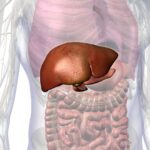
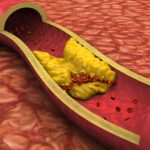





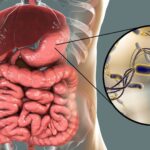
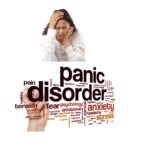



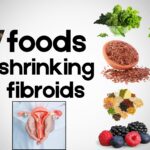




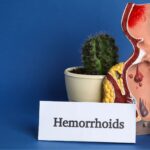


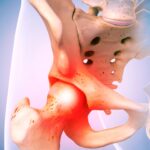




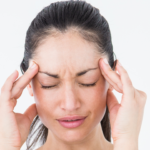

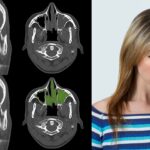


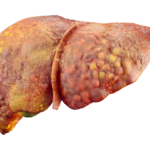





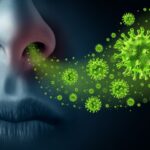


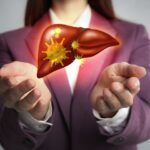















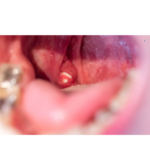



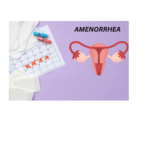
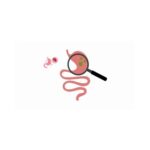


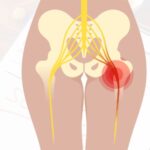

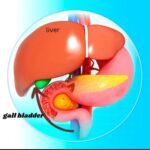
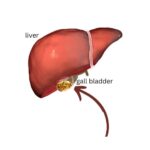










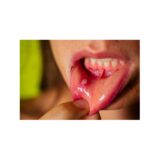
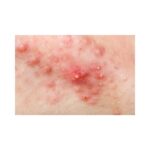
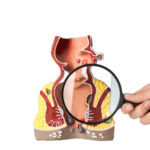



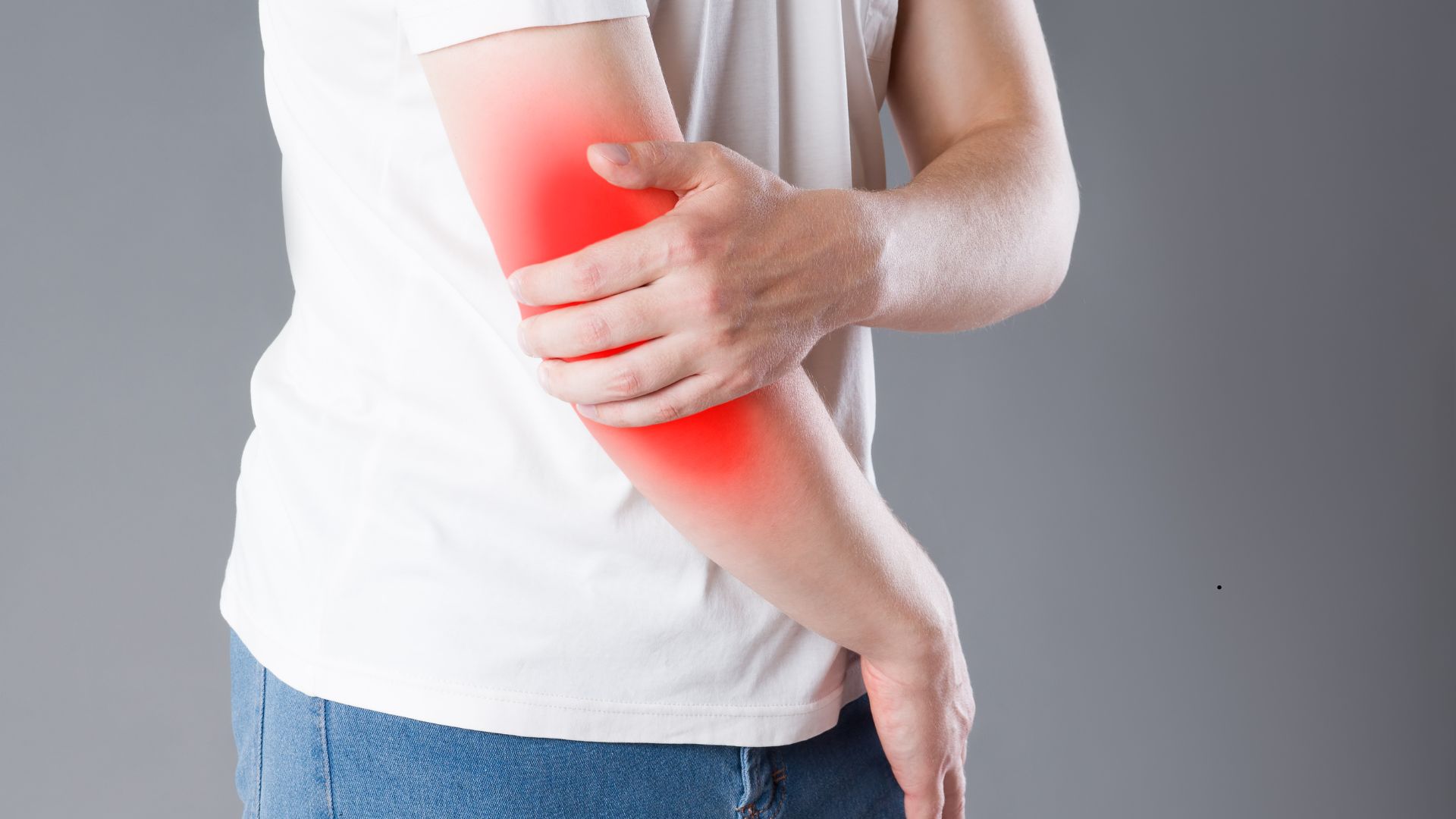
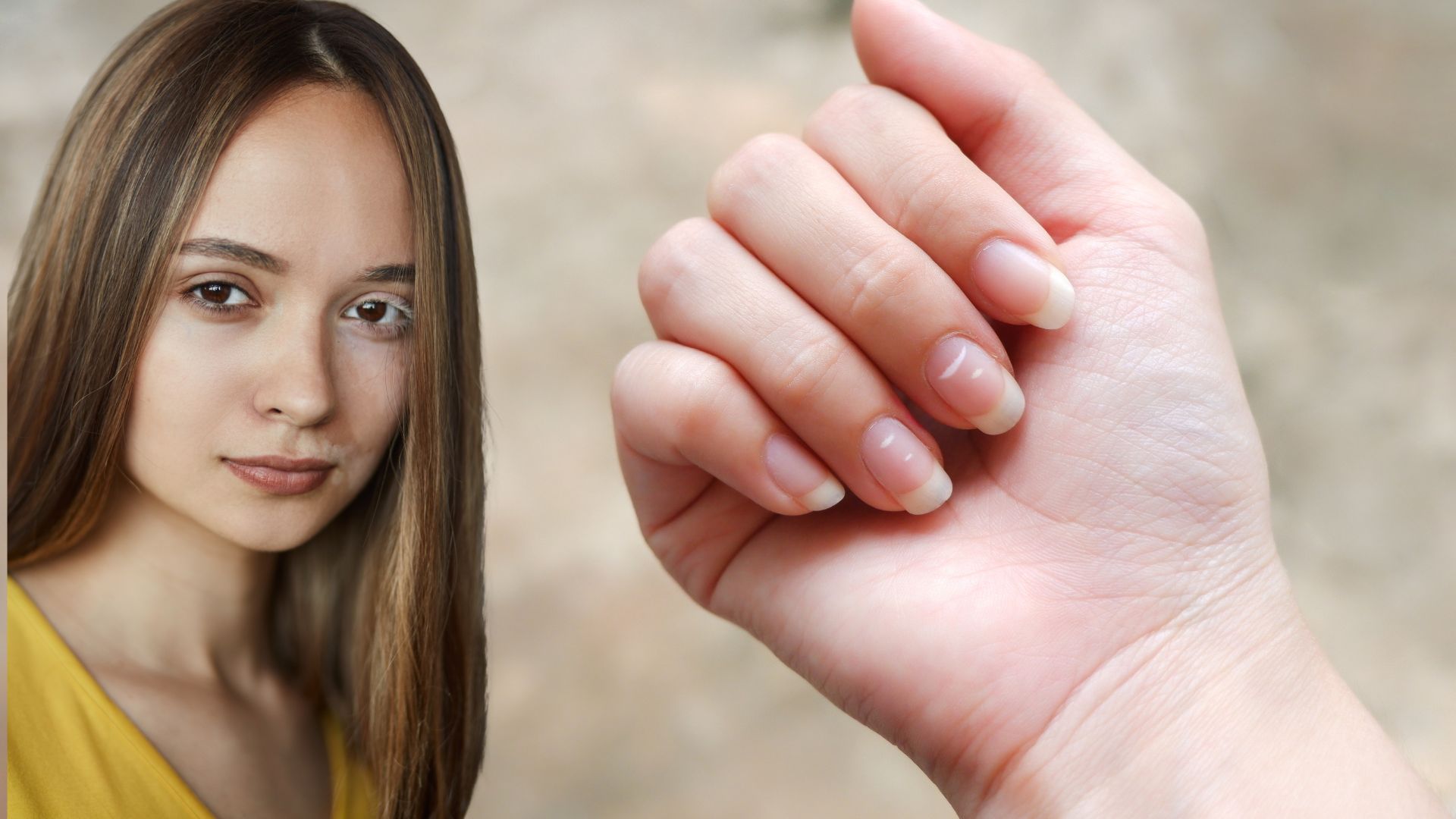


Magnificent website. Plenty of useful information here. I’m sending it to some pals ans also sharing in delicious. And certainly, thanks for your effort!